This study sought to explore public perceptions and feelings about the handling of the COVID-19 pandemic by governments and leading authorities in three European cities.
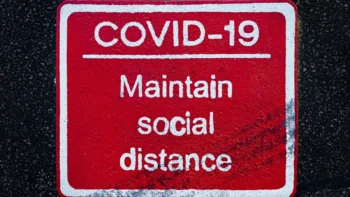

This study sought to explore public perceptions and feelings about the handling of the COVID-19 pandemic by governments and leading authorities in three European cities.

We are appalled to find that the content on the CDC webpage “Autism and Vaccines” has been changed and distorted, and is now filled with anti-vaccine rhetoric and outright lies about vaccines and autism, writes the Autism Science Foundation.
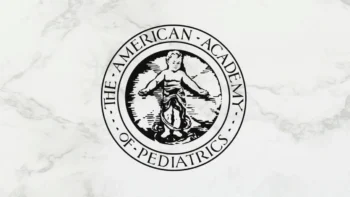
There’s no link between vaccines and autism, says The American Academy of Pediatrics. Anyone repeating this harmful myth is misinformed or intentionally trying to mislead parents. We call on the CDC to stop wasting government resources to amplify false claims that sow doubt in routine immunizations.
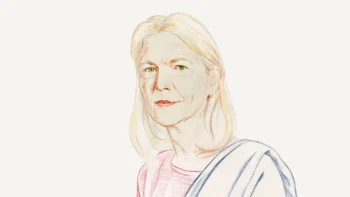
An extraordinary effort will be needed to sustain confidence in vaccines, given the unprecedented level of misinformation being propagated about them, even from official sources, writes Heidi J. Larson, Director of the Vaccine Confidence Project.

The COVID-19 pandemic prompted renewed emphasis on monitoring vaccine confidence. This study extends vaccine confidence surveillance to geographies where such research is limited.
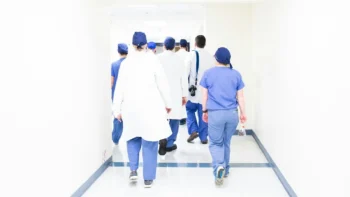
This study aims to expand the scope of HCPs’ vaccine confidence oversight into European regions where limited research has been conducted thus far.

The global health community faces a deepening challenge — not only from infectious diseases but also
from a pandemic of misinformation, argues VCP founder, Heidi J. Larson.
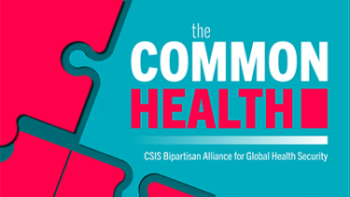
Listen to the CommonHealth Podcast by VCP partner The Centre for Strategic & International Studies to learn more about the Vaccine Integrity Project (VIP) – a new initiative spearheading responses to vaccine-related actions taken by the second Trump administration.
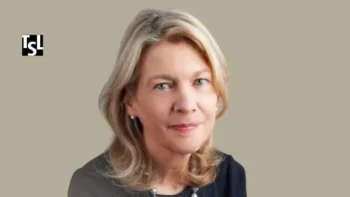
VCP founder Heidi J. Larson named one of the most dynamic business women shaping the future for her role in building bridges of trust in the fight against misinformation and vaccine hesitancy.
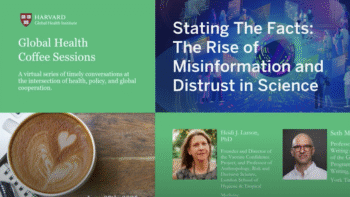
In this Global Health Coffee Session at the Harvard Global Health Institute, VCP founder Heidi J. Larson unpacks how misinformation spreads and strategies for rebuilding public trust in public health in a time of doubt.

This study aimed to identify drivers of HPV vaccine hesitancy and effective public health interventions to increase HPV vaccination rates in two U.S. states (New York and Florida). The findings provide insights into the impact of demographics, state policies, and vaccine confidence on HPV vaccination.
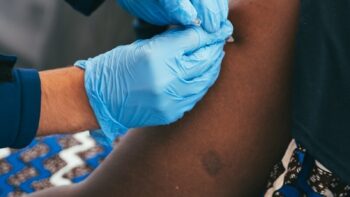
CIDRAP releases interim update on its Vaccine Integrity Project, spotlighting global threats to vaccine confidence and outlining next steps to support equitable immunization efforts worldwide.